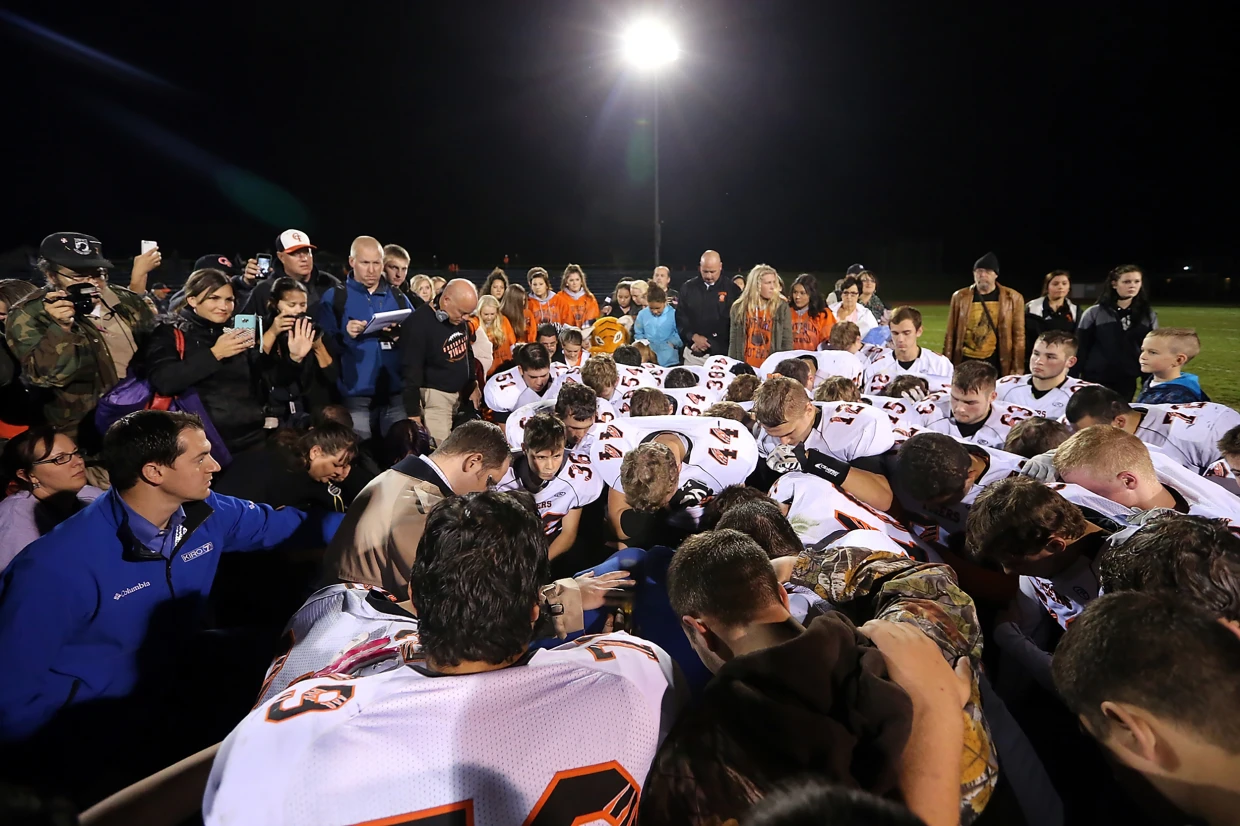If you check out today’s Globe magazine, you will see my article about the no-gifts policy we tried at our son’s second birthday party this year. There’s a story behind the story. Urging our guests not to bring gifts to Simon’s birthday party was an extension of something we tried at Hanukkah. We gave our son a dreidel each night, and nothing else. My husband and I gave each other nothing.
Our plan in the years to come is to continue to make Hanukkah a gift-less holiday. This is a family value, but is it or should it also be a Jewish value?
Hanukkah was never meant to be a gift-giving extravaganza. According to an item on Hanukkah in the Jewish Virtual Library, the only traditional Hanukkah gift is small amounts of money or “gelt” that is supposed to go to someone who cannot afford to buy candles to light the menorah. And that tradition is based on the Talmud. I plead ignorance on this. When I hear gelt, I think of the chocolate coins we throw into the pot for playing dreidel. Regardless, Hanukkah has evolved into a major gift-giving holiday, especially in America, and my family was no different during my childhood.
As a child, I expected presents every Hanukkah. Like our Christian playmates did for Christmas, my brothers and I made gift lists. A few days before one Hanukkah, I eagerly followed my brother Kevin into the basement and peeked at some of the boxes my parents thought they had carefully hidden. I jumped up and down because I was getting a Barbie house. I was 8 or 9. I loved Hanukkah throughout childhood mostly because I loved gifts.
I still adore presents and buying or making gifts for others. It took persuasion from my husband for me to abandon the tradition of gift-giving during Hanukkah. Hanukkah, a minor holiday in Judaism, is not a holiday about gifts, he reminded me. I knew that, and eventually agreed that the best way to celebrate Hanukkah in our home was to keep the focus on the actual holiday. We light the candles to commemorate a supposed miracle. After the Maccabees defeated the Syrians, they entered a ruined temple and found a spot of oil. The oil lasted eight days when it should have just lasted one, and the temple’s Eternal Flame was able to stay lit.
Each night this past Hanukkah, we lit candles with Simon. Each night, I gave Simon a tiny bag with a different dreidel. He pulled out the top, and grinned. Then, he asked us to spin the dreidel for him again and again and again. He was joyful. So were we.
Some relatives gave our son and us presents during Hanukkah, and we accepted them graciously. We are not, as I wrote in my article about Simon’s birthday party, anti-gift people. We gave him presents – though not an abundance – for his birthday. The memories of Hanukkah 2009 for our family are basic and sweet. We lit the menorah and watched the flames dance and reflect in our living room window. We played with dreidels. We laughed, and we sang.
In the years to come, Simon will have many friends whose parents succumb to pressure to buy, buy, buy at Hanukkah. And Simon at some point may crave the same. But maybe, he will grow to understand that is okay to just celebrate Hanukkah and not get something in return other than memories. Life is not about always getting what you want from Toys “R” Us.






Linda, You are onto something here. Western culture materialism also undermines Christian and Muslim holidays. Martin Luther King spoke of the triple evils of materialism, militarism and racism which all sort of worked hand in hand with each other (Where Do We Go From Here: Chaos or Community?). Thanks for your wise words and your parenting. Brett
We recently watched Simon play with two ice cubes and two plastic cups for about 15 minutes (at which point the ice cubes were pretty melted). He poured the ice cubes from one cup to the other, exclaiming with glee after each transfer. Who needs fancy, battery filled toys?